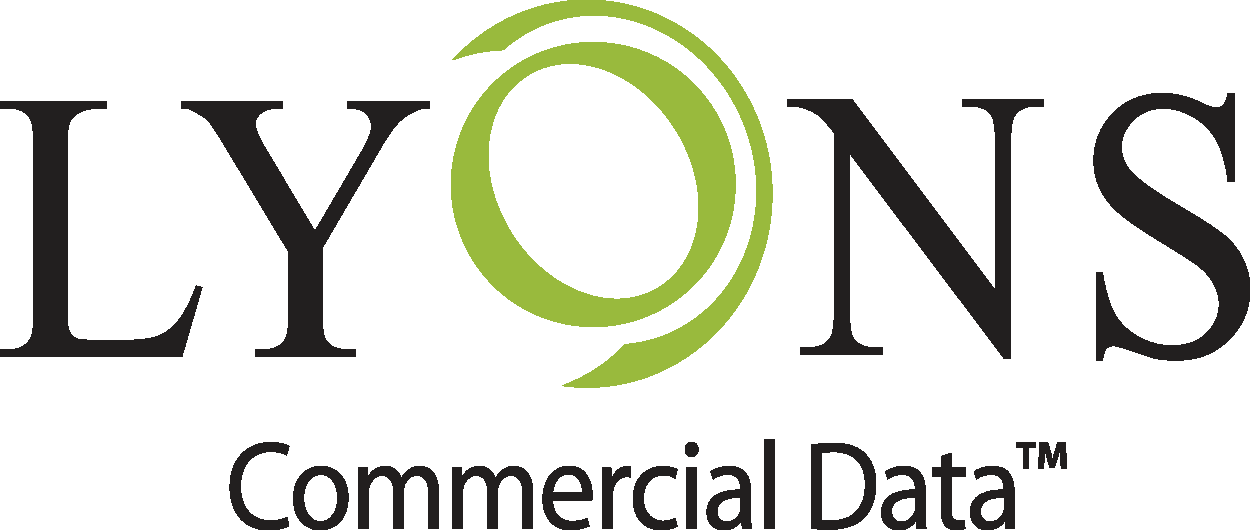 When you conduct business online, you never get to see your end customer and that can make identity verification difficult. Bank routing numbers or ABA routing numbers are an important part of e-commerce risk management. Verifying routing numbers helps ensure that the right information is used for the right account — and the service helps make sure you get paid the first time you run the account numbers.
When you conduct business online, you never get to see your end customer and that can make identity verification difficult. Bank routing numbers or ABA routing numbers are an important part of e-commerce risk management. Verifying routing numbers helps ensure that the right information is used for the right account — and the service helps make sure you get paid the first time you run the account numbers.
Prevents Identity Fraud and Fraudulent Transactions
The number of fraud victims is up and climbing. According to the 2018 Identity Fraud Study by Javelin Strategy & Research, there were 16.7 million victims of identity fraud in the U.S. in 2017, an increase from 15.4 million victims in 2016 and 13.1 million in 2015. The problem isn’t just credit cards. In fact, they only account for 30 percent of fraud transactions. Bank transactions are also significant. When you use routing verification in your e-commerce activities, you prevent your company from being part of the problem.
Protects Your Merchant Account From Intrusion
Small businesses are especially vulnerable to ACH fraud. “FBI analysis has found in most cases, the victims’ accounts are held at local community banks and credit unions, some of which use third-party service providers to process ACH transactions,” explains the Internet Crime Complaint Center (IC3). “The bank account holders are often small- to medium-sized businesses across the United States, in addition to court systems, school districts, and other public institutions.” Routing verification also helps protect your merchant account from similar vulnerabilities.
Assists in Preventing Unwarranted Chargebacks
The problem with incorrect account information is not limited to issues with fraud and compliance. Routing verification also helps to protect your company from chargebacks that result from customer error. When a customer enters his or her account information online or through a telephone keypad, sometimes those numbers are miskeyed. It’s an accident either way, but it causes incorrect information to be sent on to the Automated Clearing House (ACH) network. When this happens, ACH flags the transaction and returns it. That act keys off a series of small charges that hit the Originating Depository Financial Institution (ODFI), the Third Party Service Provider (TPSP) and (ultimately) the Originating ACH. You could avoid these fees if you use routing verification services, like Lyons Commercial Data’s iBankRegistry™ routing number database, to catch the error before the information goes to ACH.
Routing verification is an important part of managing risk in e-commerce. The service helps keep consumer information safe as well as your merchant account. Contact us today to learn more about what routing verification would look like for your company.
